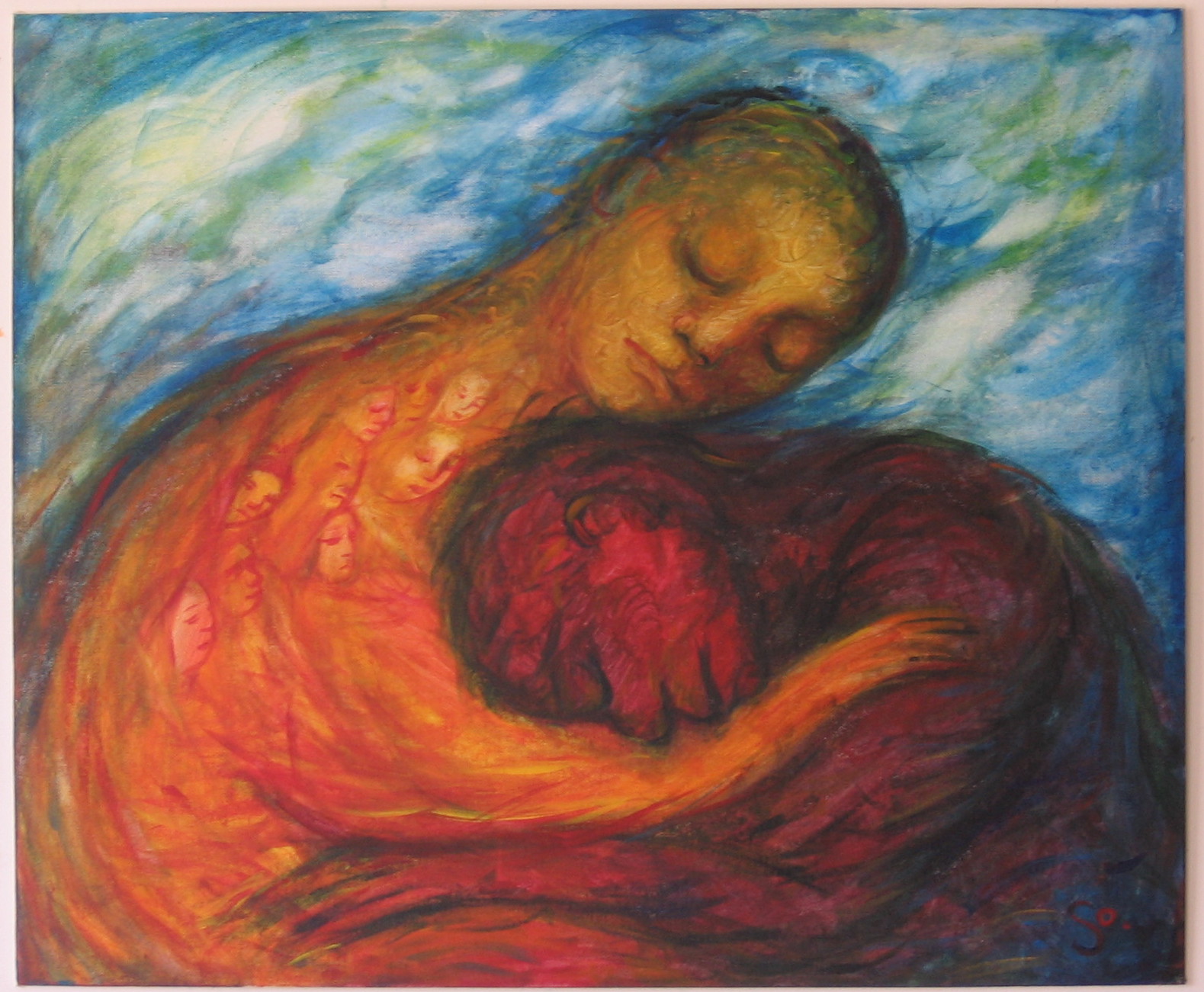By Sabah Srishty Rahman
At which moment, precisely, does a word lose its meaning? It can be hard to pinpoint; somewhere between lines of uninterrupted repetition, perhaps, or when it goes out of use for so long that semantics no longer apply. I cannot remember the last time the word “sorry” felt familiar on my tongue. In line with the Sapir-Whorf Hypothesis, I can no longer forgive or be forgiven without an itching at the back of my skull telling me I should recognize this feeling for which I do not have the words. When it does claw its way through my mouth out of necessity, it is foreign, memorized. I had to become a weak mimicry of those who were born knowing its purpose.
I took notes from the people around me, those who swallowed their tongues when they were in the wrong. In my mother’s case, the word ‘sorry’ was spoken but empty. Whatever offense had warranted the utterance was repeated, sometimes, before the day was done. I learned quickly that, from her, an apology meant “calm down”, or “this conversation is over”, or “I’m scared of you and this is my only defensive reflex”. It was simply a sedative. Instead, what really meant something to me was a knock on the door and an offer to make me food. It was not only that but an offer to make things right, an invitation to stand around in the kitchen with her as warmth emanated from the stove-top. It was unspoken, but it convinced me of her love more easily than a silly five-letter word.
My father was similar but not quite. When he apologized, the word ‘sorry’ was replaced with a million other fragments of regret. Out of his mouth, they sounded genuine, but they never did any good. The things he had to apologize for were far too big for words to make a dent, or maybe the grain of the phone speaker just erased the nuances from his speech. His voice always stayed soft whenever he mourned his failures, and I wish I could see his face in those moments if only to gauge his level of sorrow. Either way, his apologies sounded like gibberish to me. The one thing that cut through his cacophony was a simple “I love you”, something I had not heard from him for years. Rather than regrets, hearing that he was proud of me and continued to be, despite, despite, despite— that was enough for me.
My relationship with my sibling was built on forgiveness, more from her side than mine as she was never in the wrong. From her, I never needed or even wanted an apology. Hating me was her birthright. I could not take that away from her. Every time I messed up, all I could hope for was her forgiveness, even though I lacked the words to express it. Instead, I put my heart into all the tricks I’d learned from everyone else. I offered to make her food when she was hungry, I sat with her silently while she practiced piano, I told her I loved her and that I was proud of her, and convinced her that I could be trusted again. I tried to make up for what our parents could not achieve, but I doubt I could ever teach her the meaning of the word ‘sorry’ when our family had made sure that she would never understand it.
It is my greatest regret that I lost sight of the utility of apologies while I was young enough not to need them. The phenomenons I have described above can only really apply to family, so what can I do when others deserve my apologies or when I deserve apologies from them? If they apologize, how will I know whether to accept it or not? How can I discern what I need to do to make things right with someone who is practically a stranger? Hurt will only continue to follow in my wake until I learn how to atone, I know this. Until then, however, the word ‘sorry’, heavy yet hollow on my tongue, will have to do.

